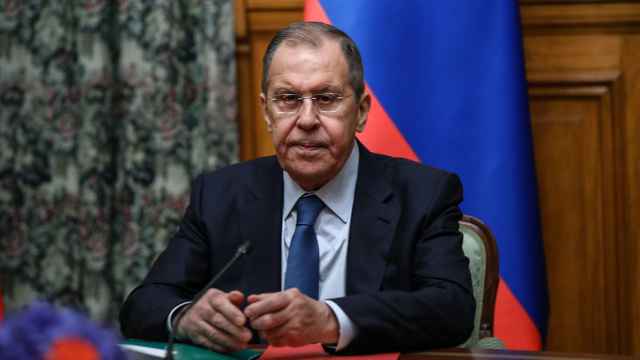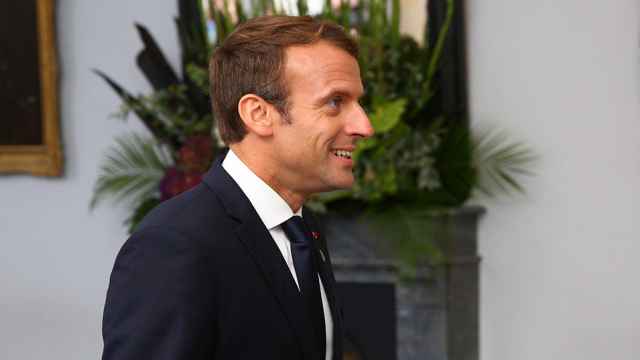An official from Russia's security council described as absurd accusations that Moscow used disinformation to sway voters towards right-wing parties in last month's European Union elections, the state-run Rossiyskaya Gazeta newspaper reported on Sunday.
An EU review into elections to its parliament, published on Friday, said there was evidence both Russian and European online sources had sought to promote extreme views and polarise debate on issues such as migration and religion.
The preliminary report is the latest in a string of allegations from Western governments that Russia has used online disinformation techniques, including the creation of fake social media accounts, to try to influence voters.
Sites such as Facebook have come under particular pressure to tackle the issue since the 2016 U.S. presidential election campaign, when Russian troll accounts and bots allegedly flooded social media platforms with content aimed at undermining Democrat candidates and promoting the victory of current U.S. President Donald Trump.
Moscow has repeatedly denied targeting elections.
"Statements made in the Western media that Russia was allegedly deeply interested in the victory of right-wing parties during elections to the European parliament are completely absurd," Russian security council deputy secretary Alexander Venediktov was quoted by Rossiyskaya Gazeta as saying in an interview on Sunday.
"Let me remind you that, until today, no convincing evidence has been presented to the global community to prove that Moscow allegedly tried to influence the elections in the United States or in Europe," Venediktov was quoted as saying.
Friday's EU report found "a continued and sustained disinformation activity by Russian sources aiming to suppress turnout and influence voter preferences."
It called on social networks to do more to protect elections from foreign meddling.
A Message from The Moscow Times:
Dear readers,
We are facing unprecedented challenges. Russia's Prosecutor General's Office has designated The Moscow Times as an "undesirable" organization, criminalizing our work and putting our staff at risk of prosecution. This follows our earlier unjust labeling as a "foreign agent."
These actions are direct attempts to silence independent journalism in Russia. The authorities claim our work "discredits the decisions of the Russian leadership." We see things differently: we strive to provide accurate, unbiased reporting on Russia.
We, the journalists of The Moscow Times, refuse to be silenced. But to continue our work, we need your help.
Your support, no matter how small, makes a world of difference. If you can, please support us monthly starting from just $2. It's quick to set up, and every contribution makes a significant impact.
By supporting The Moscow Times, you're defending open, independent journalism in the face of repression. Thank you for standing with us.
Remind me later.







